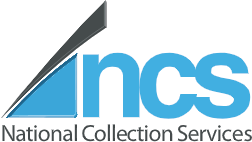Debt Collection – What to do when customers don’t pay Part 2

Today we explore Part 2 of the 10 easy steps to manage debt collection and cash flow issues in your business. Click here to review Debt Collection – What to do when customers don’t pay Part 1, and come back soon for Part 3.
“Ensure your business has a sound process in place to track and collect accounts receivable”
- Issue invoices promptly: You can’t expect your customers to pay promptly if you don’t issue their invoices in a timely manner. Make sure you get your invoices out the door in a speedy fashion.
- Monitor your accounts receivables on an ongoing basis: Having a solid process in place to track accounts receivable is vital. This includes monitoring invoices as they head towards the end of the standard 30 day payment term. Keeping a close eye on each and every credit account ensures that you are in a position to chase outstanding debts very quickly following the arrival of the overdue date.
- Gradually escalate pressure on your debtors: Issuing a polite reminder as a bill approaches its due date is a smart business practice. Bills can get lost or over-looked; this reminder is a good way to ensure that your bill is front of mind. The pressure you apply should increase as the bill enters overdue territory.
- Be prepared to address individual circumstances: Sometimes customers run into a short term problem or they have a valid reason for non-payment. In these instances you need to decide how valuable this business is to you and therefore, how far you are willing to extend the customer’s credit terms. If however this becomes a persistent problem the best option is to end the credit agreement.
Contact Us and Collect Your Debts Faster
By submitting an enquiry online, you agree to our terms and conditions and privacy policy as stated in the footer.
